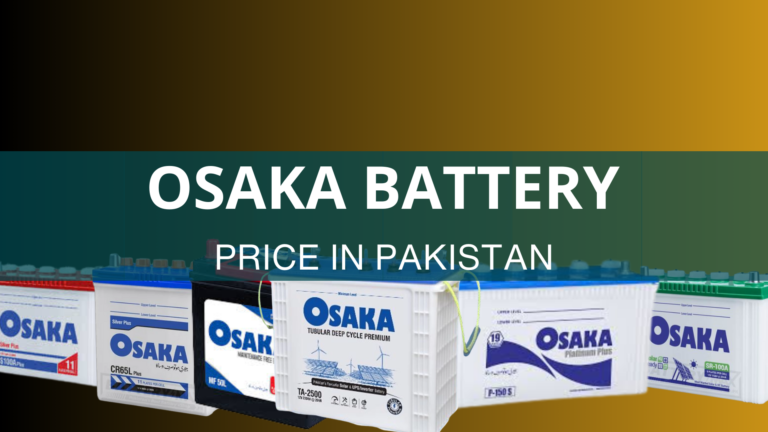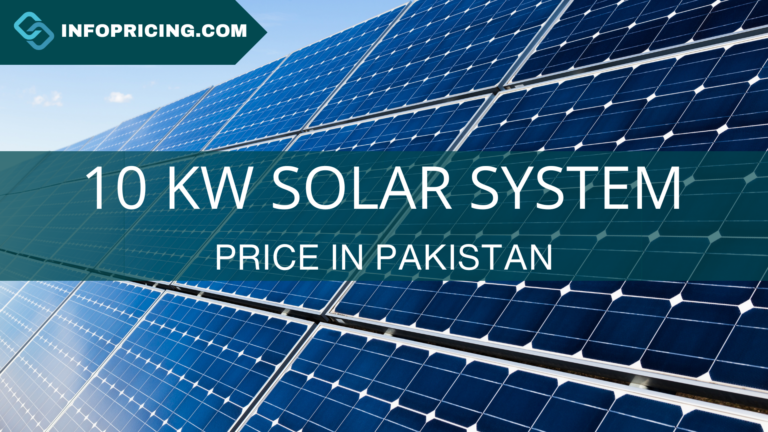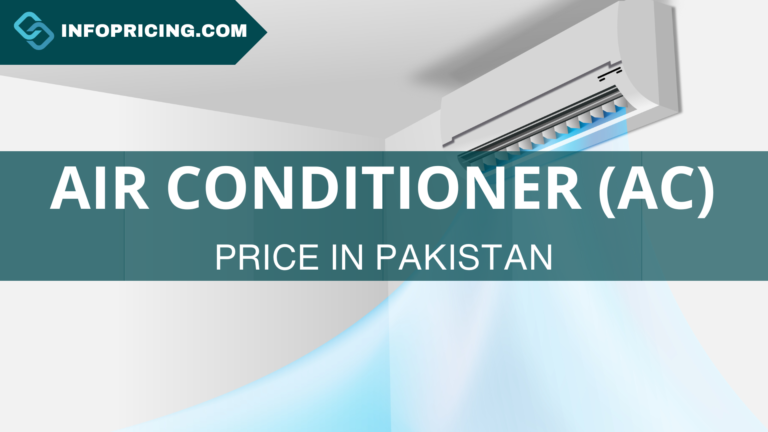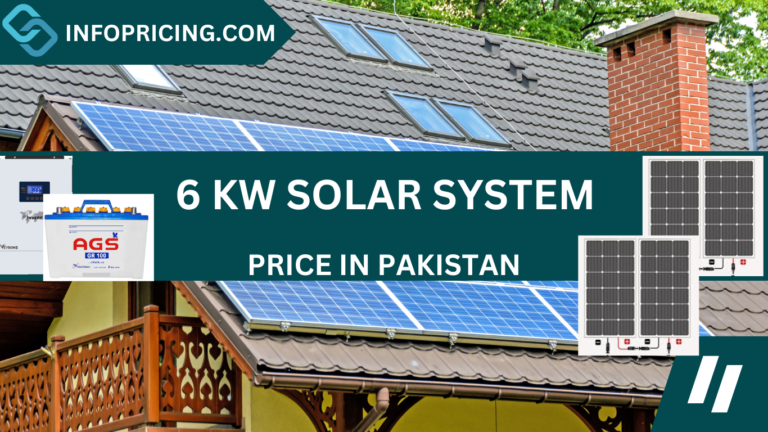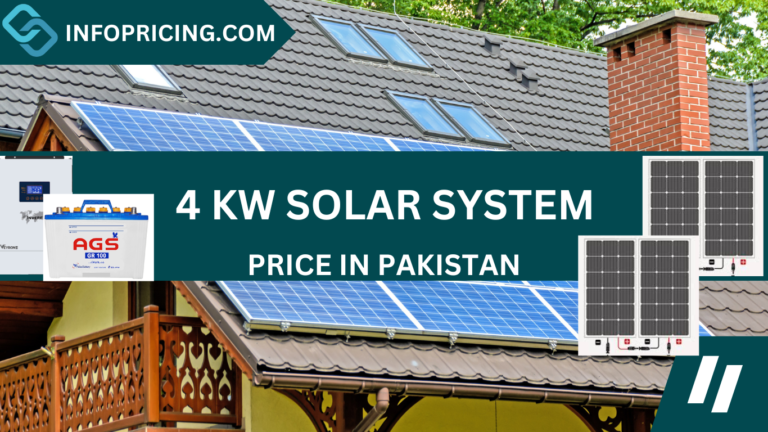Electric Cable Price in Pakistan | February 2025
Electric cables are a crucial component in the final stages of construction, providing the necessary power supply to homes, offices, and industrial setups. With the growing construction sector, the demand for high-quality and reliable electric wires has surged significantly. To make informed purchasing decisions, it is important to understand the various factors that influence electric cable prices in Pakistan. These factors include raw material costs, manufacturing standards, market demand, and economic conditions, all of which play a role in determining the final price of electric cables.
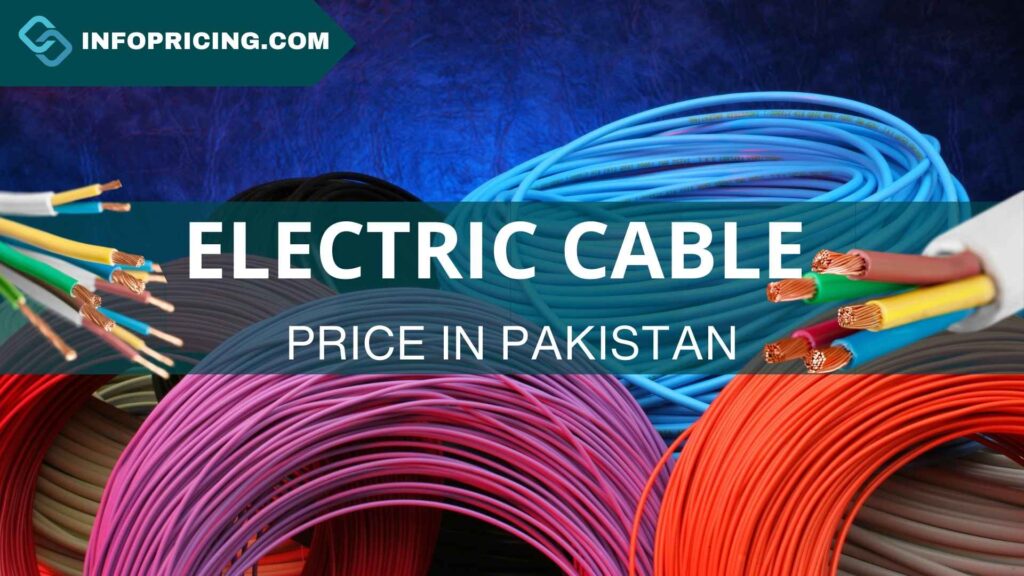
Today’s Electric Cable Price in Pakistan
| Cable Type | Price/Meter (PKR) | Price/Coil (PKR) |
| 3/.029 250/440 V | 77 | 6,980 |
| 7/.029 250/440 V | 165 | 15,040 |
| 1×1 MM² 300/500 V | 59 | 5,318 |
| 1×1.5 MM² 450/750 V | 87 | 7,873 |
| 1×1.5 MM² (STRANDED) 450/750 V | 93 | 8,398 |
| 1×2.5 MM² 450/750 V | 142 | 12,835 |
| 1×2.5 MM² (STRANDED) 450/750 V | 157 | 13,404 |
| 1×4 MM² 450/750 V | 228 | 19,464 |
| 1×6 MM² 450/750 V | 338 | 28,790 |
| 1×10 MM² 450/750 V | 582 | 49,544 |
| RG-6 1.0 MM – TV Cable Wire | 39 | 13,030 |
| RG-7 1.3 MM – TV Cable Wire | 49 | 16,580 |
| Networking Cable – 305 Meter 4 pair | 47 | 57,482 |
Types of Electric Cables
Electric cables are available in various types, each tailored for specific applications. Below are the most commonly used electric cables in Pakistan:
Low Voltage Cables
Low-voltage cables are designed to carry electrical currents below 1,000 volts, making them ideal for household wiring and small-scale commercial use. They are commonly used for lighting systems, small appliances, and electrical outlets in homes, offices, and retail spaces.
- Common Applications: Residential and small commercial electrical systems, lighting, and wiring for appliances like refrigerators, fans, and TVs.
- Materials: Typically made of copper or aluminum with PVC insulation, ensuring flexibility and durability.
High Voltage Cables
High-voltage cables are used for transmitting electricity over long distances, particularly in industrial settings, power distribution networks, and large infrastructure projects. These cables are built to handle voltages above 1,000 volts and can withstand significant electrical stress without overheating.
- Common Applications: Power plants, electrical grids, large industrial machinery, and factories.
- Construction: Often feature additional layers of insulation and shielding to prevent electrical leakage and are usually made of copper for optimal conductivity.
Armored Cables
Armored cables are designed for environments where cables are exposed to mechanical damage or require extra protection, such as underground installations. They feature a layer of steel wire or aluminum armor wrapped around the cable’s core, protecting the inner conductors from physical damage, moisture, and corrosive elements.
- Common Applications: Underground wiring, outdoor electrical systems like solar panels, and installations in harsh or hazardous environments.
- Benefits: High durability and protection from wear and tear, making them suitable for industrial use and heavy-duty installations.
PVC/XLP Cables
PVC (Polyvinyl Chloride) and XLP (Cross-Linked Polyethylene) cables are widely used for wiring homes, offices, and commercial buildings. Known for their flexibility, durability, and resistance to moisture, they are suitable for both indoor and outdoor installations. These cables are also fire-resistant, adding an extra layer of safety in residential or commercial settings.
- Applications: Electrical wiring for homes, commercial buildings, and outdoor installations.
- Benefits: Moisture and fire resistance, flexibility, and suitability for wet conditions.
CAT5/6 Cables
CAT5 and CAT6 cables are twisted-pair cables made from several insulated copper wires twisted together. They are primarily used for data and voice transmission, especially in networking environments. CAT5 cables support speeds up to 100 Mbps, while CAT6 cables offer faster data transfer, making them ideal for high-speed internet and networking setups.
- Applications: Computer networks, internet connectivity, and voice and data transmission.
- Benefits: Reliable data transmission, commonly used in offices and IT networks.
Fiber Optic Cables
Although not used for electricity transmission, fiber optic cables are essential in modern communication systems. They transmit data using light signals rather than electrical signals, enabling faster data transmission and high bandwidth capabilities.
- Common Applications: High-speed internet, data centers, telecommunication systems, and cable television networks.
- Advantages: Capable of transmitting data over long distances with minimal loss, immune to electromagnetic interference, and offering much higher bandwidth compared to traditional copper cables.
Each type of cable is specifically designed to meet different requirements in terms of voltage capacity, flexibility, protection, and durability. Selecting the right cable ensures safety, reliability, and cost-effectiveness in any electrical installation.
Factors Affecting Electric Cable Price in Pakistan
The price of electric cables in Pakistan is influenced by several key factors, as outlined below:
Material Quality
Electric cables are primarily made from copper or aluminum. Copper cables are more expensive due to their superior conductivity, durability, and efficiency. In contrast, aluminum cables are more affordable but may not offer the same level of performance. The price of copper-based cables is also affected by fluctuations in global copper market trends.
Cable Size and Thickness
The size of the cable, measured in square millimeters (mm²), and its thickness play a significant role in determining its price. Thicker cables, which can carry higher currents due to their wider space for current flow and lower resistance, are generally more expensive than thinner cables.
Brand and Manufacturer
Reputable brands often charge higher prices for their products due to their established quality, safety standards, and reliability. In Pakistan, well-known brands like Pakistan Cables, Fast Cables, and Newage Cables are recognized for producing high-quality electric cables, which may come at a premium compared to lesser-known brands.
Imported vs. Local Cables
Imported cables are typically more expensive than locally manufactured ones due to additional costs such as shipping, import duties, and taxes. However, local manufacturers in Pakistan have significantly improved their production standards, offering high-quality cables that meet international specifications at more affordable prices.
Understanding these factors can help consumers and businesses make informed decisions when purchasing electric cables, ensuring they balance cost, quality, and performance according to their specific needs.
Electric Cable Manufacturers
Here is a brief overview of electric cable manufacturers in Pakistan:
Abacus Electric Engineer
Abacus Electric Engineer specializes in manufacturing industrial-grade electric cables, particularly heavy-duty and control cables designed for automation and industrial systems. Their products are known for their durability and reliability in demanding environments.
Allied Cables
Allied Cables is a well-established manufacturer that produces electric cables for various sectors, including construction, power distribution, and industrial applications. They are recognized for their commitment to quality and customer satisfaction.
Eco-Cables
As the name suggests, Eco-Cables focuses on environmentally sustainable products. They offer electric cables designed to minimize environmental impact while maintaining high performance, making them a preferred choice for eco-conscious consumers.
Excel Cables
Excel Cables manufactures high-performance cables for both domestic and commercial markets. They are well-regarded for their attention to quality and competitive pricing, catering to a wide range of electrical needs.
FAST Cables
FAST Cables is one of the leading cable manufacturers in Pakistan, offering high-quality products for residential, commercial, and industrial applications. Their cables are widely trusted for their durability, reliability, and adherence to international standards.
Green Cables
Green Cables specializes in eco-friendly and energy-efficient cable solutions. They provide a wide range of low-voltage and high-voltage cables made from sustainable materials, catering to the growing demand for environmentally responsible products.
Hi-Energy Cable
Hi-Energy Cable offers a diverse range of electric cables, including high-voltage and energy-efficient solutions tailored for industrial and infrastructure projects. Their products are known for their performance and durability.
KAN Energy
KAN Energy is a key player in the electric cable industry, known for its innovative energy cable solutions. They provide cables for industrial applications and power distribution networks, emphasizing quality and reliability.
Pakistan Cables
Pakistan Cables is one of the oldest and most reputable cable manufacturers in the country. They produce high-quality residential, commercial, and industrial cables, trusted for their reliable performance and durability.
Techno Cable
Techno Cable offers a wide range of electric cables, including low and high-voltage options, suitable for industrial, commercial, and residential use. They focus on incorporating modern technology and ensuring high performance.
UniCore
UniCore is a leading manufacturer known for producing reliable electric cables. They provide solutions for commercial, residential, and industrial applications, with a strong emphasis on durability and performance.
These manufacturers play a crucial role in Pakistan’s electric cable industry, each offering specialized products to meet the diverse needs of residential, commercial, and industrial sectors across the country.
Regional Price Differences
The price of electric cables in Pakistan varies across different regions due to several key factors, with transportation costs being one of the most significant. Cities closer to manufacturing hubs, such as Karachi and Lahore, often benefit from lower prices because the cost of transporting goods is relatively low. In contrast, remote areas like Quetta or certain parts of Khyber Pakhtunkhwa tend to face higher prices due to the added expenses of transporting cables over long distances and through challenging terrains.
Regional demand also plays a role in pricing. Larger cities with higher construction activity and infrastructure development often enjoy more competitive pricing due to increased supply and greater vendor competition.
Proximity to local manufacturing plants is another crucial factor. Regions located near cable production facilities typically have more affordable products, while areas that depend on imports or shipments from distant cities incur additional costs. Other contributing factors include local taxes, duties, and the level of economic development in a region. For instance, areas with better infrastructure and greater economic activity, such as Islamabad or Lahore, usually have lower prices due to efficient distribution networks and heightened market competition.
Conclusion
In summary, electric cables are a vital element in powering homes, offices, and industries throughout Pakistan. As the demand for construction and infrastructure development continues to rise, it is essential for consumers and businesses to understand the different types of electric cables, their uses, and the factors influencing their prices.
By staying informed about the available options and the key factors that affect pricing, consumers can make well-informed decisions when selecting cables for their needs. Whether for residential purposes or large-scale industrial projects, choosing the appropriate cable ensures safety, efficiency, and cost-effectiveness in every electrical installation.
Read More: Electronic and solar

